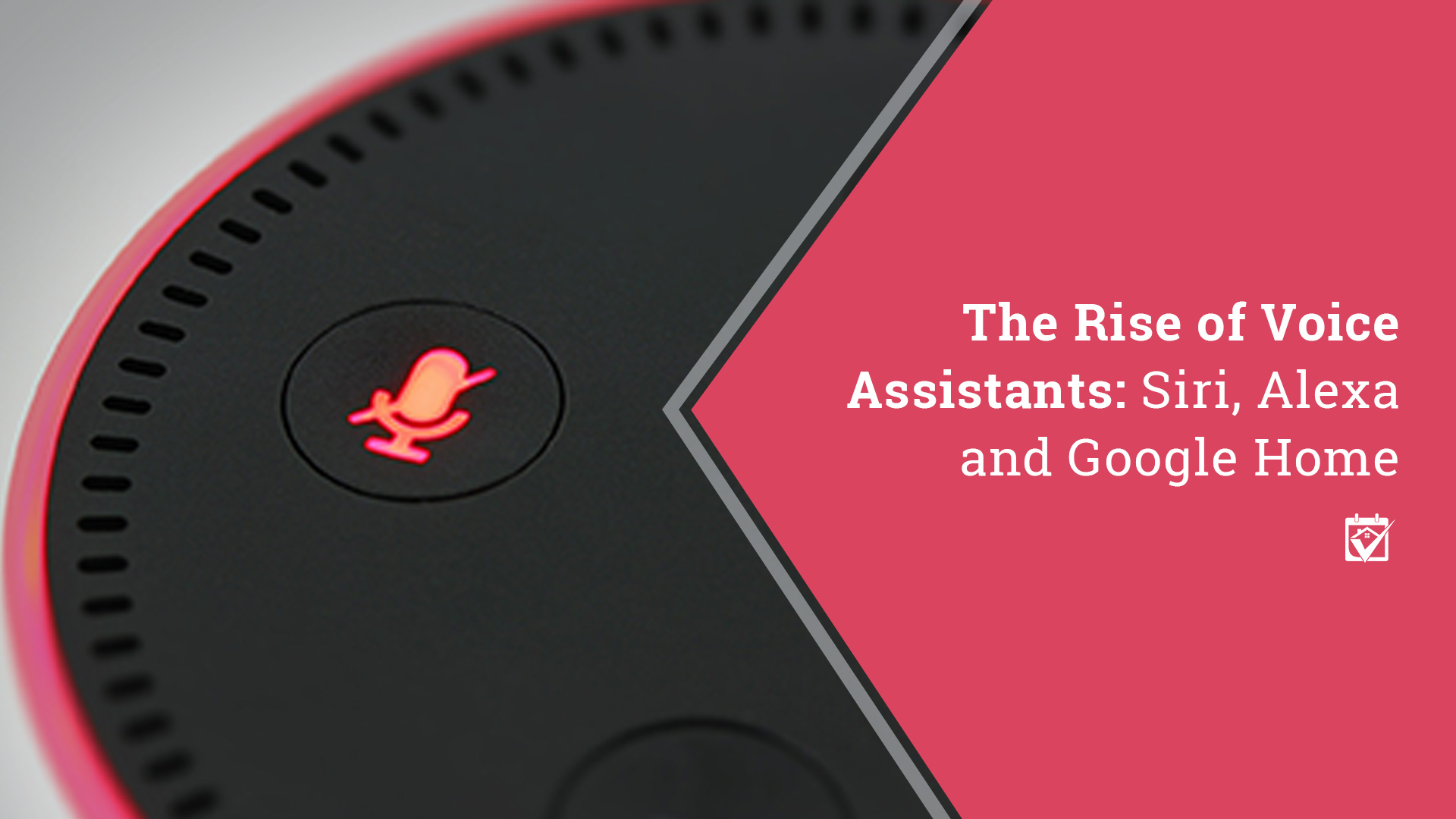
Unveiling Apple's Siri Payout: Eligibility And Claim Details For Eavesdropping Victims
In a groundbreaking move, Apple has announced a $25 million settlement payout to those who were victims of unintentional eavesdropping by Siri, its virtual assistant. The settlement stems from a class-action lawsuit filed against Apple alleging that Siri had been recording and transmitting private conversations without consent.
The settlement is a significant development in the ongoing debate over privacy concerns surrounding smart home devices and voice assistants. It also raises important questions about the responsibilities of tech companies in protecting user data.
Eligibility Criteria for Payout
To be eligible for the payout, claimants must meet the following criteria:
- Be a U.S. resident over 18 years of age
- Own an Apple device with Siri enabled
- Have used Siri between October 2011 and February 2015
- Have had their private conversations recorded and transmitted by Siri without consent
Claimants can submit claims online or by mail. The deadline for filing a claim is May 2, 2023.
Claim Details
The settlement provides for two types of payouts:
- Tier 1: $15,000 for claimants who can prove that their private conversations were recorded and transmitted by Siri with malicious intent
- Tier 2: $2,500 for claimants who can prove that their private conversations were recorded and transmitted by Siri without malicious intent
Claimants who are unable to prove malicious intent will receive a Tier 2 payout. However, they may have their payout increased if they can provide evidence of additional damages, such as emotional distress or financial loss.
Analysis and Implications
The settlement is a victory for privacy advocates, who have long raised concerns about the potential for smart home devices to be used for surveillance. It sends a clear message to tech companies that they must take steps to protect user privacy.
The settlement also raises important questions about the responsibilities of tech companies in the area of privacy. Specifically, it raises the question of whether tech companies should be held liable for the actions of their artificial intelligence-powered assistants.
Perspectives and Expert Opinions
There are a variety of perspectives on the settlement, with some arguing that it is a fair and just outcome, while others argue that it does not go far enough to protect user privacy.
"This settlement is a step in the right direction, but it is only a first step," said Cindy Cohn, executive director of the Electronic Frontier Foundation. "We need to continue to fight for strong privacy protections for smart home devices and other voice-activated technologies."
"Apple should be commended for taking responsibility for its actions," said Robert Gellman, a lawyer who represented the plaintiffs in the class-action lawsuit. "This settlement sends a clear message to other tech companies that they must prioritize user privacy."
However, some experts argue that the settlement does not go far enough to protect user privacy.
"This settlement is a slap on the wrist for Apple," said Edward Snowden, a former NSA contractor who leaked classified documents about the agency's surveillance programs. "It does not address the systemic privacy concerns raised by smart home devices and voice assistants."
Conclusion
The settlement between Apple and the victims of Siri eavesdropping is a significant development in the ongoing debate over privacy concerns surrounding smart home devices and voice assistants. It is a victory for privacy advocates and sends a clear message to tech companies that they must take steps to protect user privacy.
However, the settlement also raises important questions about the responsibilities of tech companies in the area of privacy. Specifically, it raises the question of whether tech companies should be held liable for the actions of their artificial intelligence-powered assistants.
The settlement is a step in the right direction, but it is only a first step. We need to continue to fight for strong privacy protections for smart home devices and other voice-activated technologies.
Post a Comment